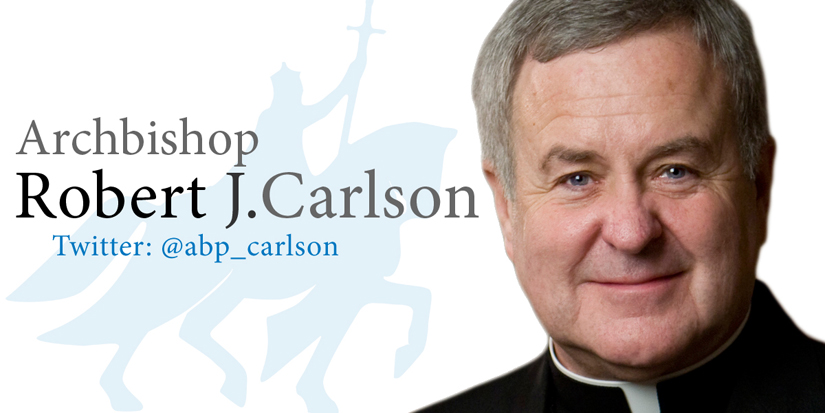BEFORE THE CROSS | Life after death is when God’s faithful will be rewarded

S ome Sadducees, those who deny that there is a resurrection, came forward and put a question to Jesus.”
We’re entering the last two weeks of Ordinary Time. The readings are turning toward thoughts of the end times. In the midst of that, we encounter this question about the resurrection.
This was a “hot button” question at the time of Jesus. At its beginning, Judaism didn’t have a belief in the Resurrection. And it isn’t explicitly mentioned in the first five books of the Bible — what, for them, would have been “Scripture.”
What changed — why was there a debate at the time of Jesus, with people on both sides of the question? Three episodes in this week’s readings explain the shift.
On Monday, we read about a time of persecution that came upon the Jews about 200 years before Christ. A Greek king was trying to unite everyone by eliminating the religious differences between them. For Jews, this meant violating the law and abandoning their covenant with God. Anyone who even kept the scrolls of the law — a sign that they intended to practice their religion — was put to death.
On Tuesday, we read about the 90-year old scribe, Eleazar, who was being forced to eat pork — a violation of the Jewish law, and therefore a symbol of rejecting the covenant. Eleazar refused, and was tortured to death for his refusal.
On Wednesday, we read about seven brothers who were put to death, one after the other, as their mother was forced to watch. They, too, were killed for their refusal to abandon God’s law.
How do these episodes help to explain the debate over the Resurrection? Two fundamental premises of the covenant were: 1) That God would always be faithful to his people, even when they were unfaithful to him. 2) That God would reward virtue and punish sin. He not only told them these things, He showed it to them in their history.
But in these three episodes — and they stand for many others — people were being killed precisely because they remained faithful to God and His law. The question became: How would God be faithful to them? Surely He couldn’t be less faithful to them than they were to Him. But how could He reward their faithfulness if they were dead?
If there was a resurrection from the dead, the faithful could be rewarded in life after death. That would make sense, in light of what God had told them and showed them about Himself. True, it wasn’t explicitly there in the first five books of the Bible. But it seemed to be there implicitly in the revelation of who God is and how He treats His people.
That’s why there was a debate at the time of Jesus. Some, like the Sadducees, thought that you should only believe what Scripture explicitly says. Others thought that Scripture might contain implicit teachings as well.
That debate set the stage for Jesus. He answered the question the way God has always answered: first by telling them the truth, and then by showing them the truth. It’s a truth He continues to teach us in the Scriptures and to show us in our lives.
Happy Thanksgiving!
S ome Sadducees, those who deny that there is a resurrection, came forward and put a question to Jesus.” We’re entering the last two weeks of Ordinary Time. The readings … BEFORE THE CROSS | Life after death is when God’s faithful will be rewarded
Subscribe to Read All St. Louis Review Stories
All readers receive 5 stories to read free per month. After that, readers will need to be logged in.
If you are currently receive the St. Louis Review at your home or office, please send your name and address (and subscriber id if you know it) to subscriptions@stlouisreview.com to get your login information.
If you are not currently a subscriber to the St. Louis Review, please contact subscriptions@stlouisreview.com for information on how to subscribe.



